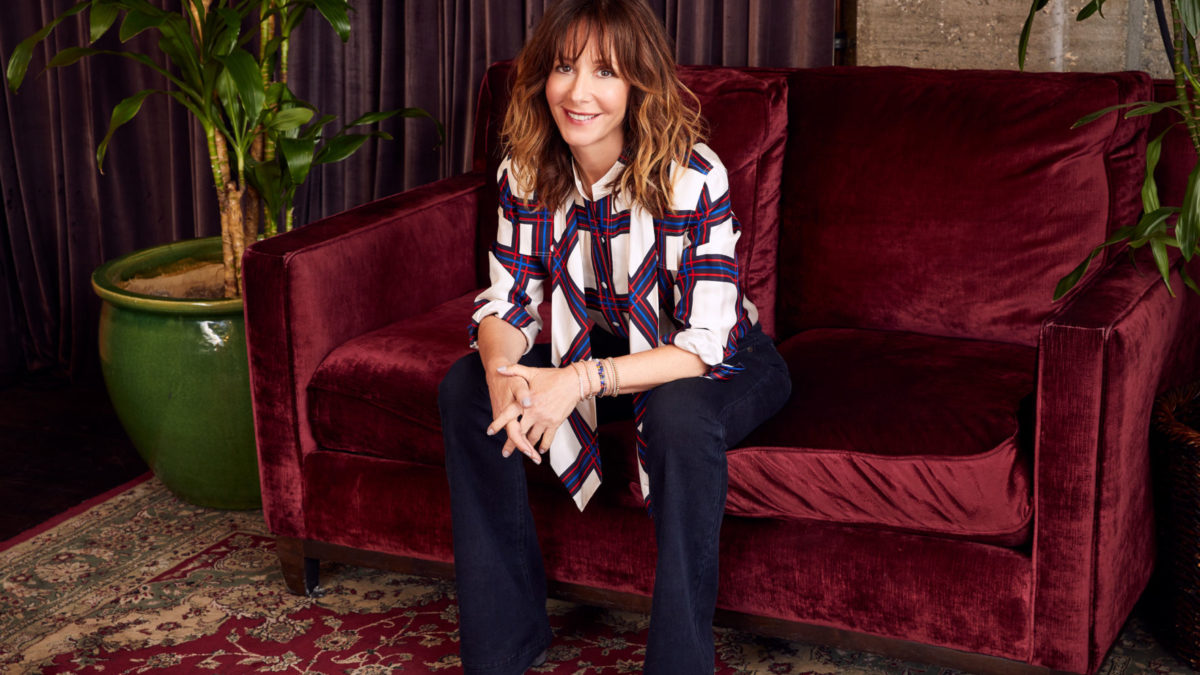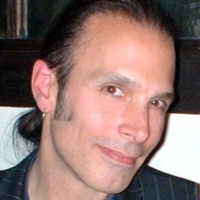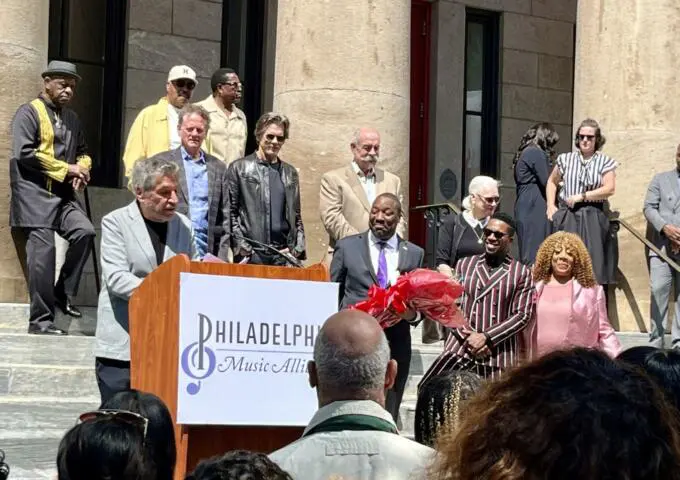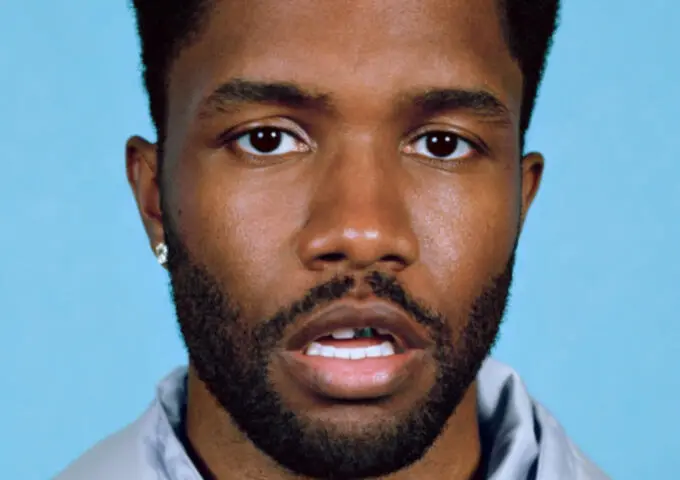Pardon the pun, but, it is universally known that Jody Gerson, the freshly anointed Chairman and CEO of Universal Music Publishing Group — Universal’s global publishing division — has quickly become the most important and successful woman in the music business.
Since grabbing that gig in 2015, the first woman chairman of a global music company and the first woman to be named CEO of a major music publisher — all at a time when publishing rights and ownership is the hot button topic in the industry — has raised UMPG’s positive profile, and perhaps even more importantly, its cash flow.
Not only has Gerson grown Universal revenue by 40% and beyond the $1 billion dollar mark, she’s signed newbies such as Ariana Grande, Post Malone, Billie Eilish, Quavo, Jack White, Justin Bieber, Travis Scott and Philly’s Tierra Whack to her publishing house. She has also welcomed legacy acts such as Elton John, Paul Simon, Coldplay and — in an outstanding piece of business — Bruce Springsteen to the Universal fold, a coup considering that The Boss’ publishing history has, for 40-plus years, been dispersed and independent.
Want to know where the savvy to get through the publishing business, from Chappell to EMI Music Publishing to Sony/ATV Music Publishing, and now Universal, comes from?
“I’m a Philly girl, through and through,” said Gerson on a crazy busy Friday morning, driving through Beverly Glen Canyon traffic in Los Angeles.
Charlie Gerson, her father, was the former owner/operator of the disco-turned-new wave live venue Emerald City. Before that, that same Cherry Hill nightclub was the Latin Casino, which at the time was the premiere, bells-and-whistles-filled live performance space for the likes of Frank Sinatra, Ray Charles, Sammy Davis Jr., Don Rickles, Diana Ross, Richard Pryror and the toast of Gamble & Huff’s Philadelphia International Records.
The stories of Charlie Gerson and his booking largesse are the stuff of legend, and he taught it all to his daughter Jody, be it at their home in the Philly suburbs, backstage at the Latin, or on the road during business trips with hot shot talent agents in New York City and Los Angeles. “I watched every interaction backstage and always knew I wanted to work with artists and great songs,” she said.
So she did. And for all of the work she’s produced over the years, on Oct. 22, during a daytime ceremony on Broad Street and a nighttime gala at the Bellevue, Gerson joins many of the local legends she idolized on the Walk of Fame for the Philadelphia Music Alliance.
Before all of that, she sat down with us to talk music, the scene today and how she views it all through her Philly eyes.
Who was the first artist you saw backstage at the Latin Casino?
Here’s the thing. I literally grew up, as a baby, at the Latin Casino. The club moved to Cherry Hill from Philly in 1960. I was born in 1961, and eventually I found myself on stage with Diana Ross & the Supremes, The O’Jays, Teddy Pendergrass, Richard Pryor. The Latin did shows Monday through Sunday, two shows on Sunday, and I would go to the matinee to have dinner with my father and my grandfather. My mom would drive us over the bridge from where we lived in Penn Valley and have ringside dinner virtually every Sunday. A comedian usually opened every show — Billy Crystal was one, in particular. The thing for me was, I really loved all of the artists who had recorded with Philadelphia International, any of the Gamble & Huff crew.
Was there an artist, or someone from within your family, that allowed you to see the psychology of the business, that primed you for what you do now?
Absolutely, yes. I don’t know if there was just one, but watching my father with talent, and seeing talent backstage — nervous before a show, having anxiety before a show, the calmness after a show — definitely affected me. I grew up a little precocious… so there was something about that interaction that gave me a real understanding of the complexity of being an artist; perhaps being different than other people.
How is it you didn’t wind up as an artist?
I can tell you, from being a part of those experiences that I knew that I wasn’t going to be an artist. I knew I was going to be behind the stage, work behind the stage. Being backstage formed who I would become as a person, professionally. I understood the anxiety. I watched my father coaxing The O’Jays to get on-stage. I remember being backstage with Gladys Knight watching Roots for the first time. I can picture her, and the emotion she had before she went on stage. I remember the messages I got, at certain times, that there was danger lurking backstage with musicians, and transient people around them, people in the background. I learned, subconsciously, when I should be around, and when I should not be around. I learned a lot about human nature form being backstage.
__
“There was danger lurking backstage with musicians…transient people around them, people in the background. I learned, subconsciously, when I should be around, and when I should not be around. I learned a lot about human nature from being backstage.”
— Universal Music Publishing Group CEO Jody Gerson on her decision at a young age to remain behind the scenes
__
There are a million behind-the-scenes jobs you could have taken from the different opportunities at your feet. Why publishing?
Taking a job in publishing, when I did, happened because it was the only job available. When I graduated from Northwestern, I had already been in LA on a vacation with my father — it was a business trip too. We stayed in Lake Tahoe with Lou Rawls and his family but drove to Los Angeles for business meetings with agents. My dad took me to those meetings, talent agents he did business with or booked shows for him at the Latin. I fell in love with LA. My dad was friendly with a manager named Ron De Blasio, who handled Richard Pryor and Donna Summer. He was very influential in my life. Anyway, my father wasn’t going to let me go to school in LA as that town in the 1970s was full of crazies.
So you went to Northwestern.
Yes, but when I graduated from there, my father still wouldn’t let me move to LA. So I went to New York, interviewed for a job at Chappell music, and got it. It turned out that music publishing was the perfect job for me. I can’t tell you that I knew anything about publishing before I took the job. I knew I loved the songs of Gamble and Huff, Thom Bell and Linda Creed, and that they were extraordinarily talented songwriters. I didn’t know that there was a job behind that. I just knew I had a love for songs that could touch people and wanted to make that work for the songwriters.
Do you know when you realized you had what it took to make it in publishing, that you were good?
When I signed Arrested Development back when I was with EMI. I identified who they were and what they did in relationship to the music I loved growing up, I trusted my instincts, and signed music that I loved. At the time, Arrested Development was also important as it introduced me to the music that was coming out of Atlanta, which meant songwriters such as Dallas Austin and Jermaine Dupree. That was where real success was for me, that Atlanta scene. Those were the first signings that gave me confidence that I could identify talent and work with them.
What does it mean to be great at what you do beyond recognizing talent and knowing what to do with it?
From there, it is about giving them the support to achieve their dreams. It doesn’t happen by accident. Along with having that THING that Alicia Keys has, Lady Gaga has, Rosalia has…
All artists you signed.
I want to know if they have a desire to have a cultural impact. Not everybody does. Once you recognize that, you then supply resources for them, be it emotional support or finding them collaborators to make music or a support team to get their music into films, television and commercials or finding a team to help them administratively. I make sure every artist we sign understands the business. There is a tremendous financial upside to writing hit songs and the money comes in, not by accident, but because you have a great team that goes out and collects every penny from all over the world. Our job is to maximize value for peoples’ songs. I want artists to have career sustainability and financial sustainability.
Before you came to Universal, did you wonder if you were undervalued or underestimated in the biz because you were a woman? I mean, you left Sony when you did because there was nowhere left to go after making all that success there.
It was a combination of things. At that time, Sony’s publishing [group] had a chairman, Marty Bandier, who left [to] run a very successful company. For me, I was happy to be a great signer of talent, happy to be co-president of a company… until I wasn’t.
At long as it worked out and business got done, you were cool.
Yes. Then my life changed. Around age 50, I got divorced. I had three kids. Here I was having tremendous success. Why not go for something bigger? It was that moment where I got in touch with Universal, said I was considering leaving Sony, and they asked if I was ready to be the head of Universal Publishing. I played a role in not being the chairman before I was the chairman. I did it when it was the right time for me. Was I underestimated because I was a woman or was I underestimated because there was someone at Sony before me who had built a great company and wasn’t ready to give it up? Reflecting on it, it was 50-50.
In the years since you’ve been at Universal, you have brought about a 35% increase in profits. In the era of streaming success, what can you do beyond what you are doing to get streaming services to treat songwriters more fairly?
It’s complicated. Because a stream is a blended rate between a mechanical and a performance, ASCAP, BMI, all the publishers have to continue to fight the fight, because of those complications. Sadly it is the middle class of writers — the album cut writers — that are struggling. Hit writers are doing fine.
I suppose this question is generational: What are you saying to newer, younger talent such as Ariana Grande and Nick Jonas about where their careers should go in regard to publishing, as opposed to legacy artists such as Springsteen and Paul Simon?
With the legacy artists, it’s about sustaining that legacy but finding new ways of having their music introduced to new audiences. So my pitch to Barry Gibb is different than my pitch to Ariana Grande. Not only are we making sure we are collecting every penny for you, we have people around the world who are thinking of new creative ideas for you and your songs. You have to fight for spots in television and film. Is there someplace your song should be? You know Samantha Gongol from Philadelphia?
Yes, she’s part of Marian Hill. They had that Apple ad with “Down.”
Apple AirPods. That is how people know that song. It was my team that pitched that song to Apple. You can’t assume that people are going to find you on Spotify. It is my people’s job to help find your songs a place. I also tell young artists that you want a company that is there when the chips are down because it is cyclical out here. Things are not always so good.
Talking about young Philly, you just signed Tierra Whack. Considering she comes from an experimental hip hop lace, how do you see her sell-ability?
I love her so much that I can’t even take it. It doesn’t have to be an artist who has a hit song on the radio. She’s culturally defining, she’s bold. She could be a director. She could do an animated movie She’s gonna do her thing and we’re going to support her. We’re going to introduce her to film studios and television executives. She’s going to have ideas about creating art, be it audio or video … I just started an organization with Alicia Keys called She is the Music about creating opportunities for women in a male-dominated business. We’re supporting our sisters to have success, their own place in the business. Tierra is going to be really important there, to that vision.
What is your take on artists who want to own their publishing?
It is about this: Is a song more valuable sitting in your hard drive or because you have a team behind it adding value? If you have the wherewithal to license your music, to go collect the monies owed on your own, to do all of the administration while you’re creating it and performing it on the road — all the power to you. If you find the right person who you believe will add value to your song, I would want my song heard, licensed and paid for all over the world. That said, many artists own their songs. The days of other people owning your IP forever may be over.
You’re forever in Los Angeles now. What of Philly is left in you?
EVERYTHING. My childhood, both good and bad, formed me. I’m a Philly girl. It is what I hear and what I experienced being a Philly girl defines me.
TWITTER: @ADAMOROSI





